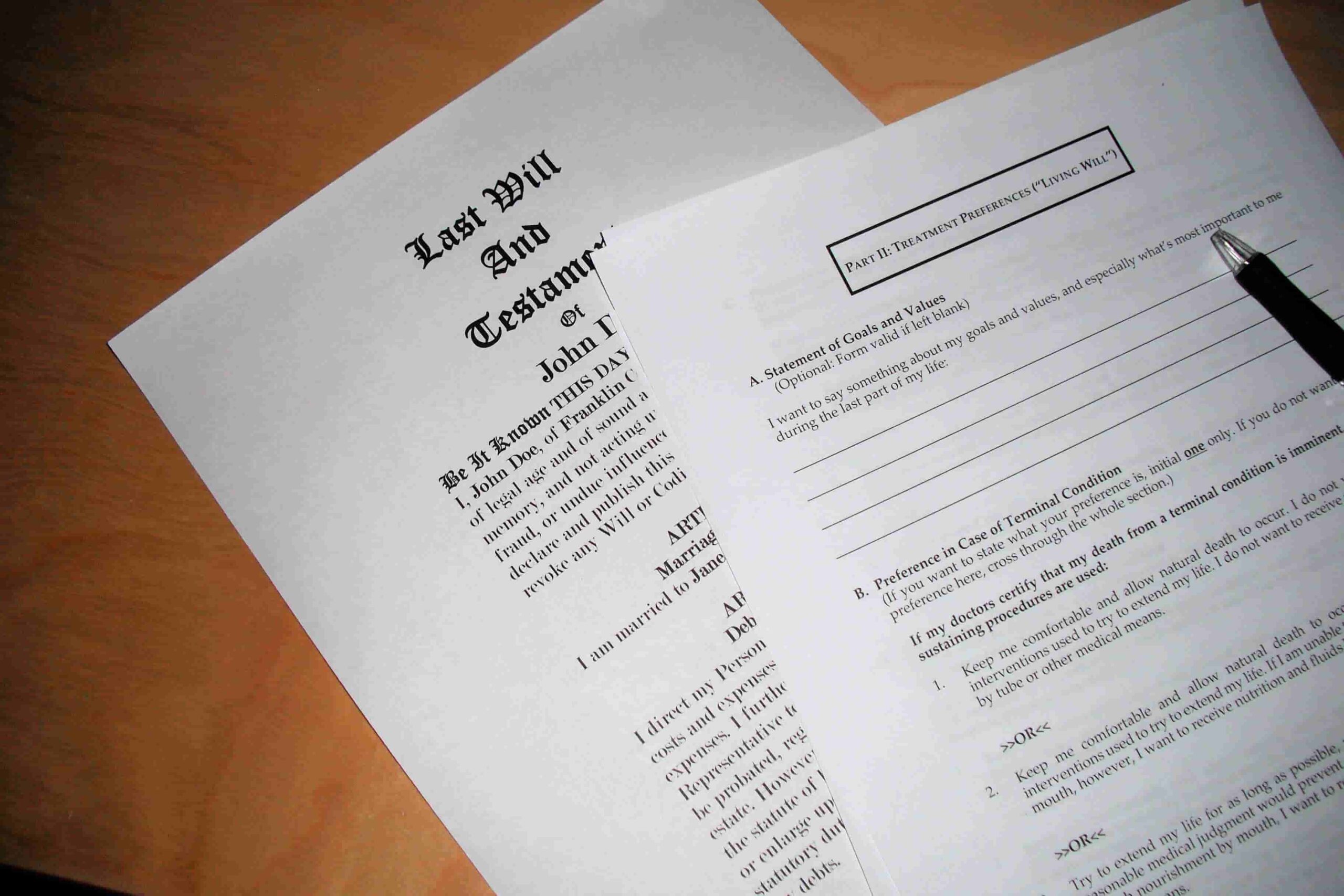Who can contest the will?
To make a lawsuit, the law points down who is a qualified individual. In the law, an entitled person is specified, which includes individuals, including the dead person’s spouse or their children.
Not everyone testament challenge a will. In legal terminology, only an individual or organization will be challenged, such as a bank or charity, that has “standing.” In the form of a contest, standing means that perhaps the dispute’s result would ultimately impact the person responsible in the litigation.
It suggests that both an inheritance successor or a recipient named in the last testament of the deceased must be the one contesting the will.
Concerning an individual, it may have been appointed in the dead’s last will as either a beneficiary or a creditor. If you do not have a standing position, you will not continue with a contest.There are two stages to creating an estate plan. They are to avoid probate and file your taxes correctly. It is vital that you consider the inheritance tax gift for individuals with assets less than the exemption limit.Most people know it is better not to contest the will of a deceased loved one. They also know that if they do, there is a chance that any or all gifts given for significant reasons may be deemed invalidated. The inheritance tax gift is a formal designation of money, property, or other type of asset specifically left to the individual in their lifetime. It can be applied to any estates that belong to the individual or otherwise to be funded closely by them at their death.
Proper timing testament contest

source: incimages.com
If you have got the right place to file a contest for a testament, you should file it in a reasonable time. The period for filing a will competition, which could be as brief as several weeks or as much as a few years, is dictated by state legislation where the deceased lived previously of death.
To speed the reimbursement of final costs and land acquisition to the recipients, only a restricted period is provided to submit a petition. Anything else, for fear that a testament contest might be brought in the future, the property will never be thoroughly dispersed. If you have been waiting too long for a contesting a Will in Sydney, NSW to be filed, so you are moment-barred from submitting one.
As a basic guideline, the petition must be filed throughout twelve months from the date of demise if there are reasons for seeking an extension of time.
How can one contest the testament?

source: investopedia.com
To mention just a few considerations, the court looked at all the applicable references in the law, such as the essence of the arrangement, the nature, scope of the estate, and the individual’s financial capital.
It would be great if you also had an ample basis to challenge it, even though you have standing and time to fight the will. There are four reasons for contesting a testament:
- The will was not signed with the required formal requirements.
- The deceased lacks the intellectual ability to make a testament.
- The dead were unreasonably induced to create a testament.
- Fraud obtained the will.
It is tough to confirm all of these explanations, so you must examine the facts you have had to support your assumptions before going any further. To decide whether you have outstanding points to challenge a will, you will have to meet with a probate solicitor specializing in estate proceedings.
Characteristics to win testament contest

source: jbmartinlaw.com
The testament is a do-it-yourself will: any of the legal formalities needed to render a valid will could have been missed when a testator constructs their own testament.
The accuser is excluded from family and friends: a typical situation in significant competitions of testament occurs when the Testator occurs deliberately separated by the primary beneficiary of the will of the Testator from family and friends, contributing to its invalidation grounds of disproportionate control.
It is hard to claim that a Testator lacks the capacity to produce a will specifically when they submitted it; medical or other proof may be found that indicates that the Testator did not have the cognitive abilities to create a will.



